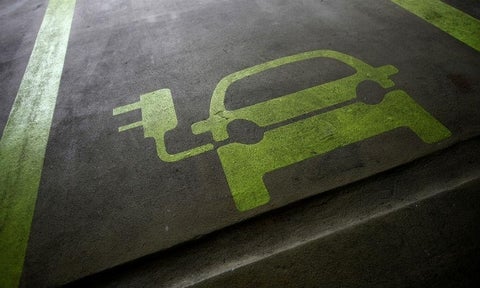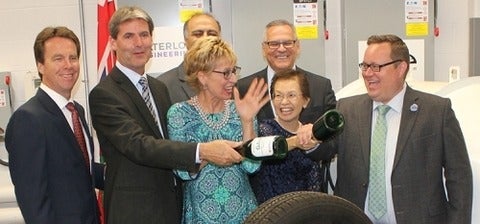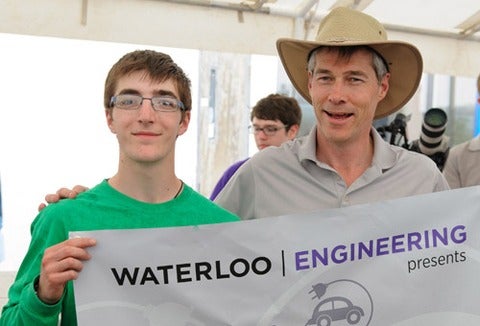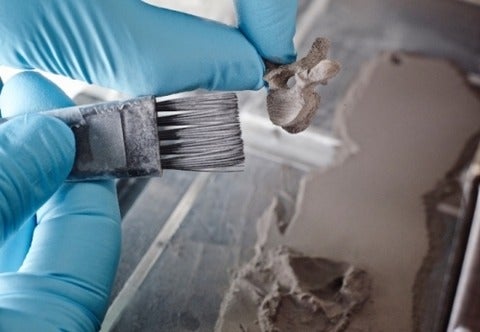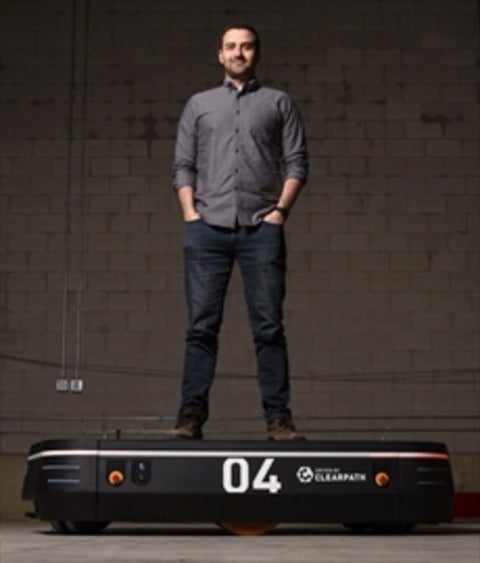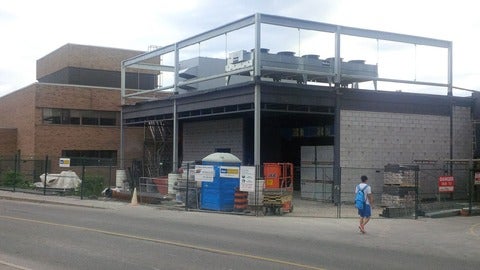Alum recognized as one of top 100 women in automotive industry
An alumnus of Waterloo Engineering has been recognized by an industry publication as one of the 100 leading women in the North American automotive industry.
Erin Buchanan (BASc ’98, chemical engineering), general manager of Toyota Motor Manufacturing Canada in Cambridge, made the Automotive News list for 2025 alongside CEOs, engineers, founders, marketers and financiers described as “visionaries, problem-solvers and catalysts for change.”
In a story about the winners, Buchanan credited Waterloo and its co-op program with leading her into the auto industry.
“Through the co-op program, I was able to gain insight into some manufacturing supply chain companies. I spent several co-op terms working for a few automotive suppliers,” she said.
“That gave me insight into how competitive the industry is, how fast-paced the industry is, how quickly models are changing, how integrated the supply chain can be, how important the relationships are between an OEM and their supplier partners.”
Buchanan was one of only 11 Canadian women named to the list, which is announced by the weekly, Detroit-based newspaper every five years.

